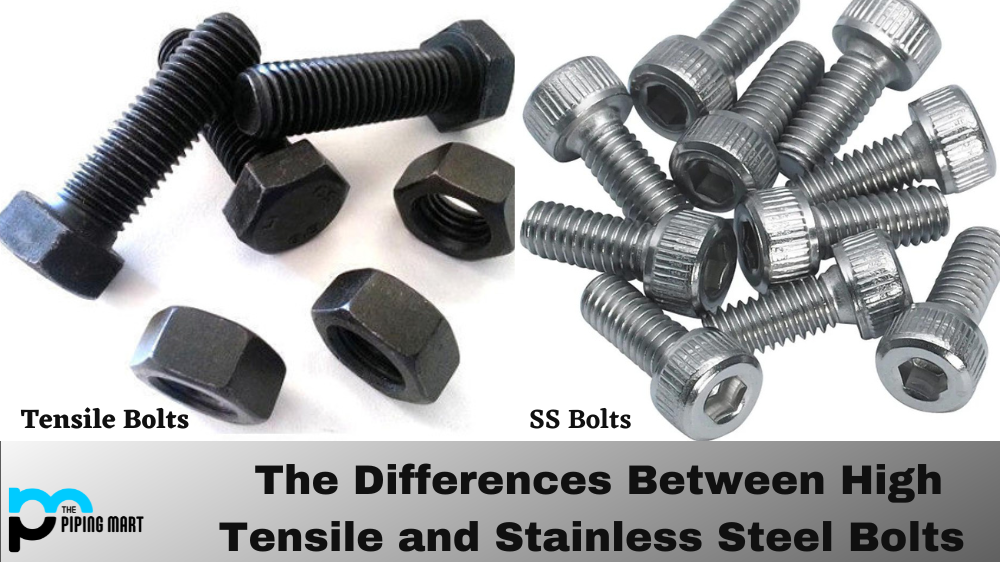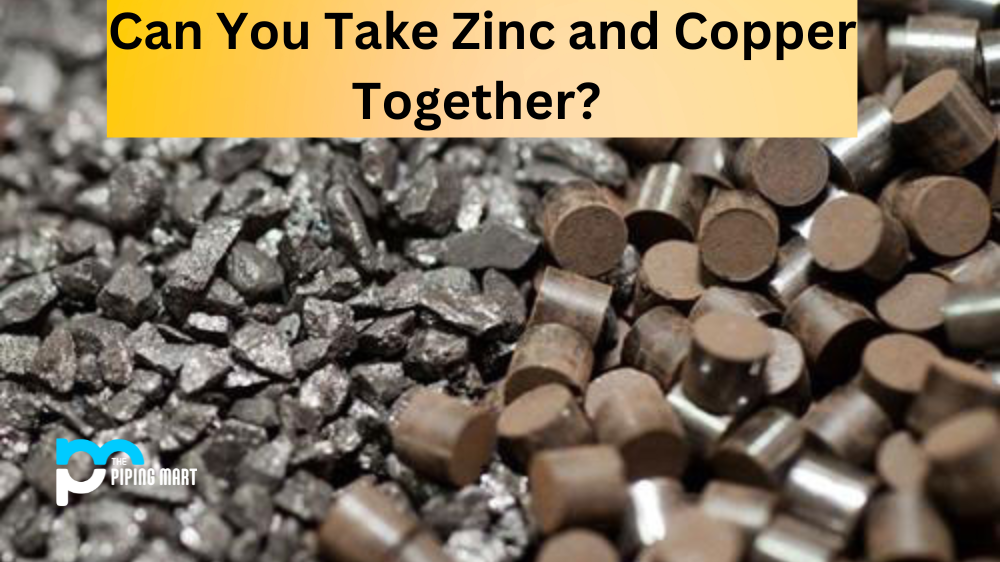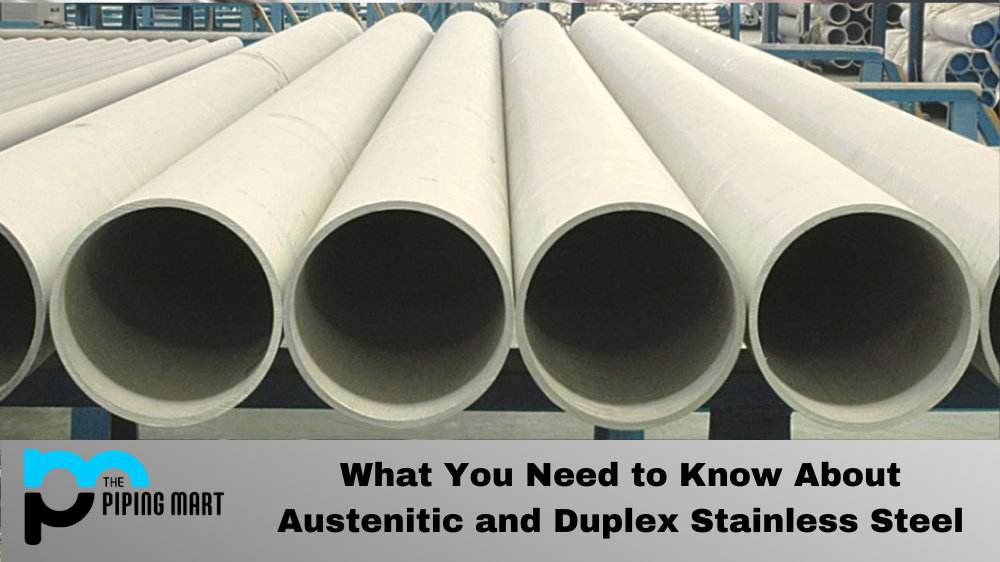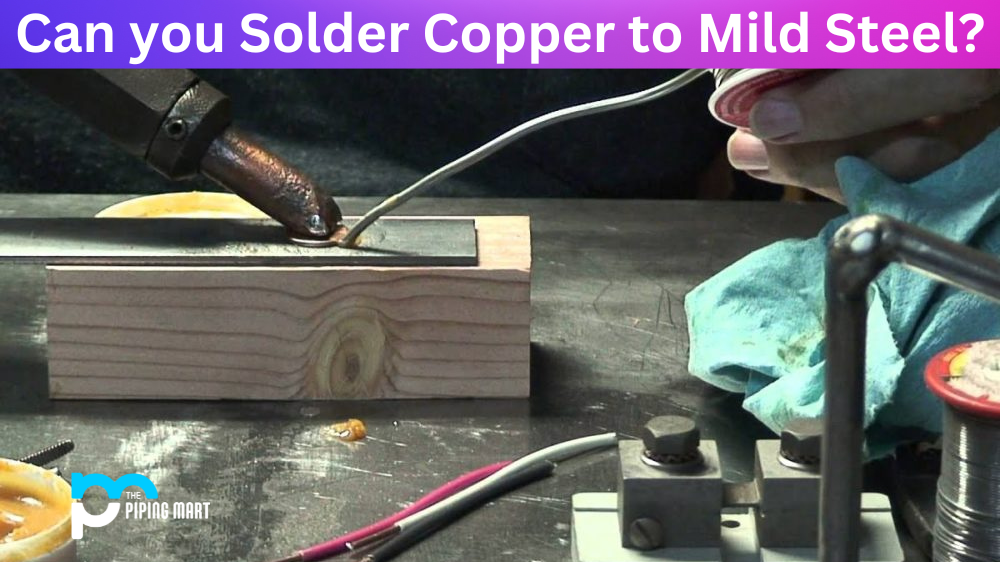When building or repairing heavy machinery, choosing the right bolts for the job is important. Bolts are an essential component in many industrial projects. Two of the most popular are high-tensile and stainless steel bolts. While both offer superior strength, some differences between the two can help you decide which type is best for your project. Let’s take a look at those differences.
High Tensile Bolts
High-tensile bolts are made from medium carbon alloy steel that has undergone quenching and tempering. This process makes them harder than standard grade 8 bolts and, therefore, more able to withstand higher levels of stress and strain. They also have excellent corrosion resistance, making them well-suited for outdoor applications such as bridge construction or shipbuilding. However, they do require special tools to install properly due to their hardness.
Stainless Steel Bolts
Stainless steel bolts are made from a combination of chromium, nickel, manganese, and other metals that give them superior corrosion resistance compared to high-tensile bolts. They also have greater wear resistance than high-tensile bolts, making them ideal for applications where friction is an issue, such as automotive engines or pumps. However, they tend to be more expensive than high-tensile bolts due to the materials used in their production process.
High Tensile vs Stainless Steel Bolts
High tensile steel bolts and stainless steel bolts are two distinct options for industrial fastening solutions. High tensile steel bolts offer superior strength for applications where this is paramount such as power plants, chemical factories, and roadways. On the other hand, stainless steel bolts excel in outdoor settings where weatherproofing and durability in extreme environmental conditions are key considerations. Easy to identify by their color, stainless steel bolts come in 304 which is ideal for mild environments, 316 for areas with more extreme coastal climates, and 410 in high chloride environments such as food processing plants. Whether you’re searching for a reliable high tensile or stainless steel bolt solution it’s important to do your research ahead of time to ensure that you choose the right material and size for your application.
High Tensile Strength
One of the key benefits of high tensile steel is its high tensile strength. This means that the metal is able to withstand high levels of stress without breaking or deforming. This makes it ideal for use in applications where it will be subject to heavy loads or impact, such as in the construction of bridges or buildings.
Stainless Steel Corrosion Resistance
Another key benefit of stainless steel is its corrosion resistance. This means that the metal will not rust or corrode when exposed to moisture or other corrosive substances. This makes it ideal for use in applications where there is a risk of exposure to these substances, such as in the food and beverage industry.
Conclusion
When choosing between high-tensile and stainless steel bolts for your application, it is important to consider the environment in which they will be used as well as any special tools required for installation. High-tensile bolts offer superior strength and corrosion resistance but require special tools for installation, whereas stainless steel offers superior wear resistance but are more expensive than high-tensile options. Ultimately, it comes down to what works best for your application based on your budget and needs. No matter what you choose, both bolts offer exceptional performance that will stand up well over time with proper maintenance and care!

Pipingmart is B2B portal specializes in industrial, metal and piping products. Also, share latest information and news related to products, materials and different types grades to help business dealing in this industry.




